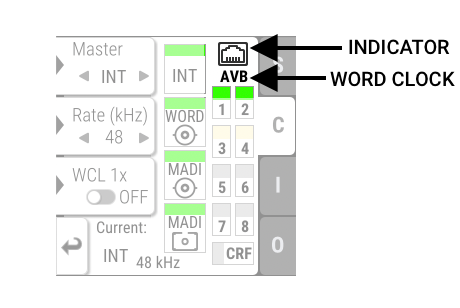

I didn’t take as many process shots as I wish I had, but here’s the run down….įirst, I hooked up my Raspberry Pi to the RGB Matrix HAT + RTC Hat that I got from Adafruit Industries. With all the above goals in mind, I set to work. I wanted to embed “secondary” messages that would occasionally pop up to make Leah smile – things like “I love you” and “Time for Coffee!” Some of these messages show up briefly in an accent color (you can see some examples in the photos above).This word clock functions fine without an internet connection, but using a Pi makes it easy to hook up to the web for adding future features like a web interface to set an alarm clock – future expansion options! Why? I want to be able to use the clock as a platform for Leah and I to do some Python hacking. I wanted to control the whole thing with a Raspberry Pi and Python.Using the LED panel mentioned in (2) made this goal easy to achieve.

I wanted to be able to set any letter to any arbitrary color/brightness, while also supporting fading.I devised a solution to isolate the letters with a 3D printed grid that virtually eliminates light bleed between letters. Many of the existing designs allow a ton of light to bleed between letters.I toiled on the lettering design to ensure that every single letter is used in a message. I didn’t like the designs that had spaces between words or unused letters.

I decided that I would build around one of those. RGB LED panels, like the ones they use to make huge Times Square displays, can be gotten for super cheap. Many of the DIY word clock implementations use individual LEDs for each letter, making wiring a huge mess.I also wanted to emulate the look of a framed piece of art, I did this with wood framing and the help of some glass in the front.
DIY WORD CLOCK GENERATOR PROFESSIONAL
I wanted this wood frame to look highly professional and crisp.


 0 kommentar(er)
0 kommentar(er)
